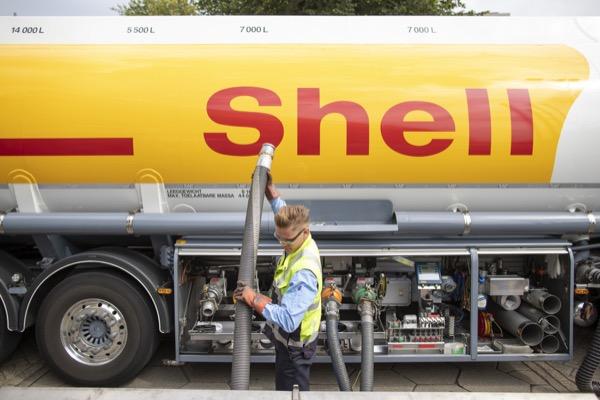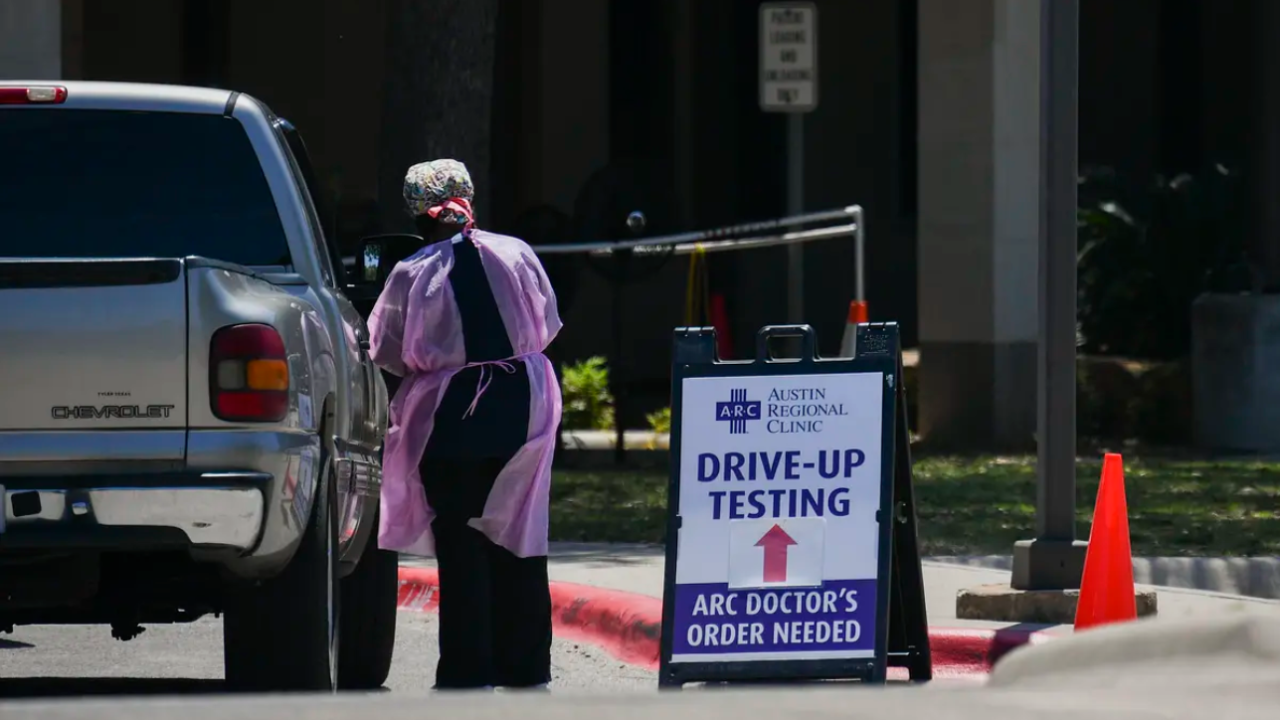Denmark reportedly ready to accept 400bn EUR in grants. Headline via Bloomberg.
- Netherlands,
- Austria,
- Denmark
- and Sweden
 It is easy to see others around you that are successful and just see two points. Where you are and where they are. It is easy to miss or skip what took place between. Everyone would rather fly from New York to LA than drive. If you look at trading as driving that distance chances are you are not going to have the time, money, or patience to do it. However, you have to get in a car to get to the airport. How long that drive is ultimately up to you.
It is easy to see others around you that are successful and just see two points. Where you are and where they are. It is easy to miss or skip what took place between. Everyone would rather fly from New York to LA than drive. If you look at trading as driving that distance chances are you are not going to have the time, money, or patience to do it. However, you have to get in a car to get to the airport. How long that drive is ultimately up to you.
Getting off on the right foot.
Many traders get in the car not knowing where they are going. Some of the time it leads them to the airport. Most of the time it leads them in the complete opposite direction. The do not know what they do not know. Chances are during this period they have had enough moments of success to keep them going. That amount of time, energy, and money was used to find out what they do not know. Only they did not realize that or refuse to realize that.
Now what?
It is time to own your mistakes. You can tell by the money and time that you burnt up that you made a mistake. If you try to make it all back at the wrong moments than the hole will get bigger. This time you paid to learn what you already know. Insert definition of insanity here. Doing the same thing expecting different results. Once again, you are at the cross roads and once again it is up to you.
With the current liquidity/credit crisis, I thought it will be interesting to take a look at past crashes. Here’s a quick compilation (not comprehensive):
 Dow industrial average down for the 2nd consecutive day
Dow industrial average down for the 2nd consecutive dayThe major US stock indices are ending the session with mixed results. The gains were led by the S&P index. The Dow industrial average fell for the 2nd consecutive day. The S&P index close week just below the year end closing level of 3230.78. It is still down -0.19% on the year
The IMF is out with a series of headlines on the US economy as the coronavirus risks increase. They say:
 The Richest Man in Babylon is a great little personal finance book set as an ancient fictional tale that explains the ‘The Seven Cures to a Lean Purse’ and ‘The Five Rules of Gold’.
The Richest Man in Babylon is a great little personal finance book set as an ancient fictional tale that explains the ‘The Seven Cures to a Lean Purse’ and ‘The Five Rules of Gold’.
The Seven Cures to a Lean Purse:
The Five Laws of Gold:


